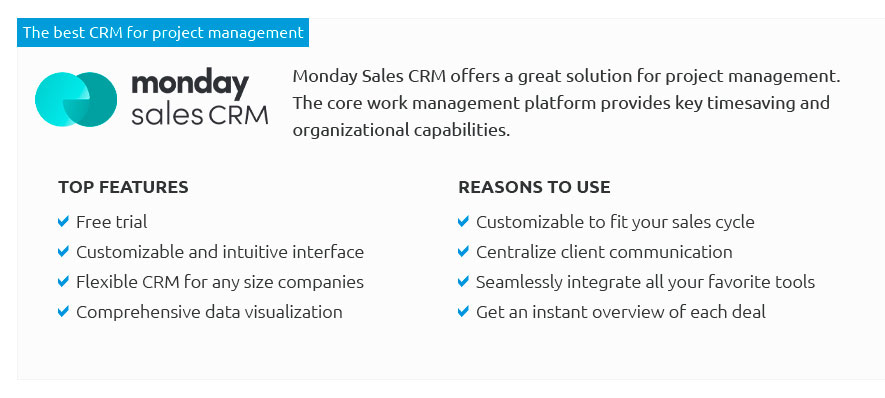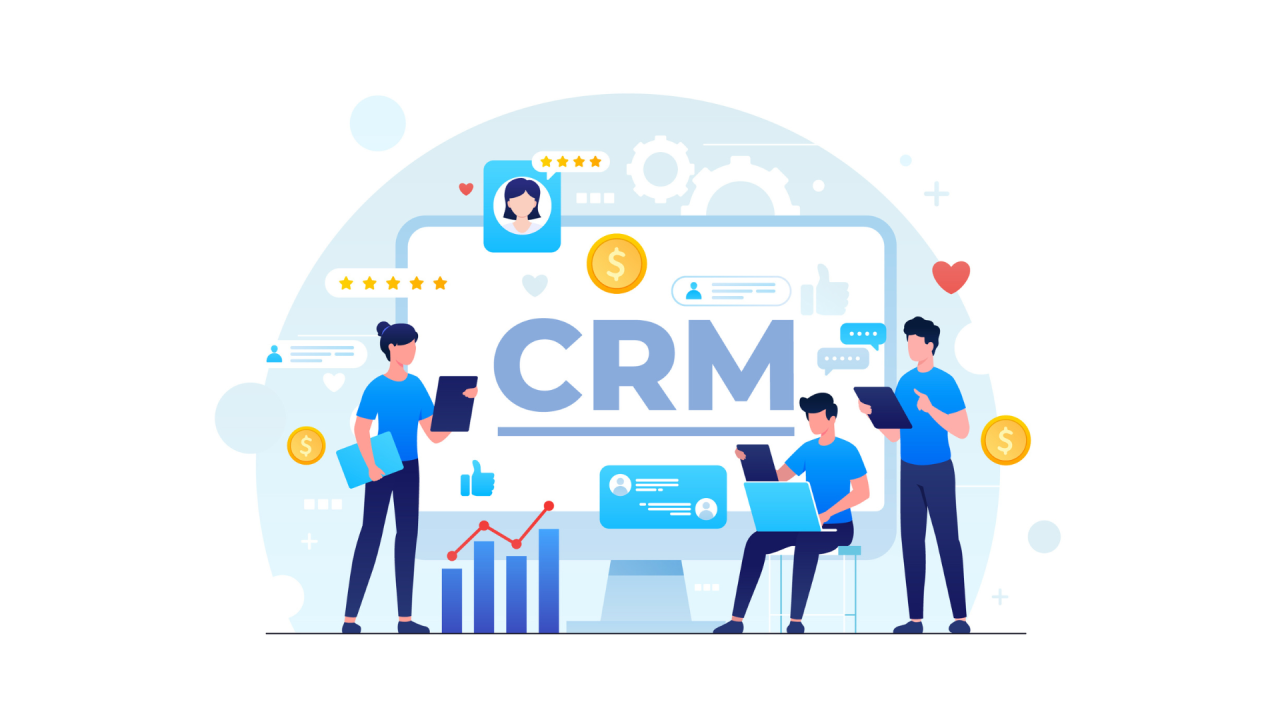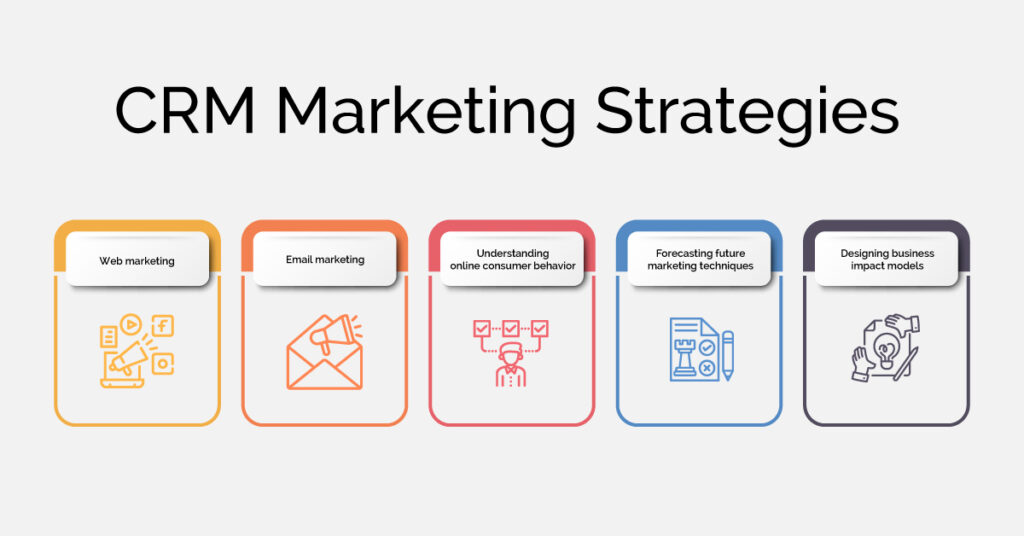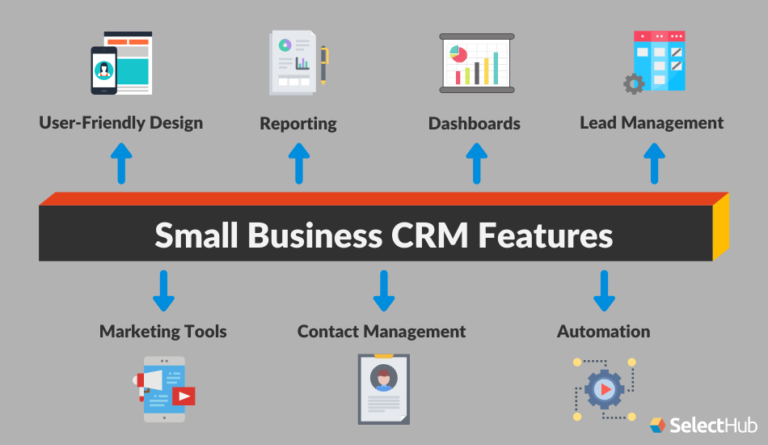Small Business CRM Trends 2025: Navigating the Future of Customer Relationships

Small Business CRM Trends 2025: Navigating the Future of Customer Relationships
The world of business is in a constant state of flux, and the tools we use to manage and grow our ventures must evolve alongside it. For small businesses, Customer Relationship Management (CRM) systems are no longer a luxury; they’re a necessity. They’re the backbone upon which you build lasting customer relationships, streamline operations, and ultimately, drive revenue. As we look toward 2025, the landscape of CRM is undergoing a significant transformation. This article will delve into the key CRM trends shaping the future for small businesses, providing insights, strategies, and actionable advice to help you stay ahead of the curve.
The Growing Importance of CRM for Small Businesses
Before we dive into the specific trends, let’s underscore why CRM is so crucial for small businesses. In a competitive market, every interaction matters. CRM empowers you to:
- Centralize Customer Data: Consolidate all customer information – contact details, purchase history, communication logs – in one accessible location.
- Improve Customer Service: Provide personalized and responsive support, leading to higher customer satisfaction and loyalty.
- Boost Sales Efficiency: Automate sales processes, manage leads effectively, and track performance to optimize your sales strategy.
- Enhance Marketing Campaigns: Segment your audience, personalize marketing messages, and measure the effectiveness of your campaigns.
- Make Data-Driven Decisions: Gain valuable insights into customer behavior and business performance to inform strategic decisions.
For small businesses, these benefits are particularly impactful. CRM can level the playing field, enabling you to compete more effectively with larger organizations. It allows you to provide a level of personalized service that customers crave, fostering loyalty and driving growth.
Key CRM Trends Shaping 2025
Now, let’s explore the specific trends that are defining the future of CRM for small businesses. These trends are not just about technology; they represent a shift in how businesses approach customer relationships.
1. AI-Powered CRM: The Rise of Intelligent Automation
Artificial intelligence (AI) is no longer a futuristic concept; it’s a present-day reality. In the context of CRM, AI is revolutionizing how businesses interact with their customers and manage their operations. By 2025, we can anticipate a significant increase in the adoption of AI-powered CRM solutions. Here’s how AI will impact small businesses:
- Predictive Analytics: AI algorithms can analyze customer data to predict future behavior, such as purchase patterns, churn risk, and customer lifetime value. This allows businesses to proactively engage with customers and tailor their offerings to their specific needs.
- Chatbots and Virtual Assistants: AI-powered chatbots can handle customer inquiries, provide support, and guide customers through the sales process, freeing up human agents to focus on more complex issues.
- Automated Task Management: AI can automate routine tasks, such as data entry, lead scoring, and email marketing, saving time and resources.
- Personalized Recommendations: AI can analyze customer preferences and suggest relevant products or services, enhancing the customer experience and driving sales.
Actionable Advice: When evaluating CRM solutions, look for those that incorporate AI capabilities. Start small by implementing AI-powered chatbots for basic customer support or using AI-driven analytics to identify high-potential leads.
2. Hyper-Personalization: Tailoring Experiences at Scale
Customers today expect personalized experiences. They want businesses to understand their needs and preferences and tailor their interactions accordingly. Hyper-personalization goes beyond basic segmentation, leveraging data to create highly customized experiences for each individual customer.
Here’s how hyper-personalization will manifest in CRM by 2025:
- Dynamic Content: Websites and marketing materials will adapt in real-time based on individual customer profiles, displaying relevant products, offers, and content.
- Personalized Journeys: CRM systems will orchestrate personalized customer journeys across multiple channels, ensuring consistent and relevant messaging at every touchpoint.
- Predictive Recommendations: AI will analyze customer data to predict their needs and proactively offer relevant products or services.
- Real-time Interaction: Customer interactions will be more dynamic, with businesses adapting their approach based on real-time feedback and behavior.
Actionable Advice: Invest in CRM systems that offer advanced segmentation and personalization features. Collect data from multiple sources to build comprehensive customer profiles. Use A/B testing to optimize personalized messaging and offers.
3. Mobile-First CRM: Meeting Customers Where They Are
Mobile devices have become an integral part of our lives, and customers expect to interact with businesses on the go. Mobile-first CRM solutions are designed to provide seamless access to customer data and CRM functionality from any device.
By 2025, we can anticipate the following developments in mobile CRM:
- Enhanced Mobile Apps: CRM providers will focus on developing robust and user-friendly mobile apps that offer a full range of CRM features.
- Offline Access: Mobile CRM apps will allow users to access and update customer data even without an internet connection.
- Integration with Mobile Devices: CRM systems will integrate with mobile devices, such as smartphones and tablets, to provide features like voice-to-text data entry and location-based services.
- Improved User Experience: Mobile CRM interfaces will be optimized for small screens, ensuring a smooth and intuitive user experience.
Actionable Advice: Choose a CRM solution with a strong mobile app. Ensure that the app offers all the features you need and is easy to use on a mobile device. Train your team to use the mobile app effectively.
4. Integration and Interoperability: Connecting the Dots
Small businesses often use a variety of software applications to manage their operations, from accounting and marketing to project management and e-commerce. The ability to integrate these systems with your CRM is crucial for streamlining workflows and gaining a holistic view of your customer data. By 2025, we can expect greater emphasis on integration and interoperability.
Here’s what to look for:
- API-Driven Integrations: CRM systems will offer robust APIs (Application Programming Interfaces) that allow seamless integration with other applications.
- Pre-Built Integrations: CRM providers will offer pre-built integrations with popular business applications, such as email marketing platforms, e-commerce platforms, and social media channels.
- Data Synchronization: CRM systems will synchronize data across multiple applications, ensuring that all your data is consistent and up-to-date.
- Open Platforms: CRM providers will embrace open platforms, allowing businesses to customize and extend their CRM functionality.
Actionable Advice: When selecting a CRM system, prioritize those that offer robust integration capabilities. Identify the other software applications you use and ensure that your CRM can integrate with them. Regularly review your integrations to ensure they are working effectively.
5. Customer Data Privacy and Security: Building Trust
With increasing awareness of data privacy and security concerns, customers are demanding that businesses protect their personal information. CRM systems must prioritize data privacy and security to build trust and comply with regulations.
Here’s what to expect in 2025:
- Enhanced Data Encryption: CRM systems will use advanced encryption methods to protect customer data from unauthorized access.
- Compliance with Data Privacy Regulations: CRM providers will ensure their systems comply with data privacy regulations, such as GDPR and CCPA.
- Data Governance Tools: CRM systems will offer tools to manage data access, permissions, and retention policies.
- Transparency and Control: Businesses will provide customers with greater transparency and control over their data.
Actionable Advice: Choose a CRM system that prioritizes data privacy and security. Review the provider’s security policies and ensure they comply with relevant regulations. Implement strong data governance practices and educate your team on data privacy best practices.
6. Focus on Customer Experience (CX): Beyond Transactions
The customer experience (CX) is becoming a primary differentiator for businesses. CRM systems are evolving to support a holistic approach to CX, focusing on building lasting relationships and fostering customer loyalty. In 2025, we’ll see:
- CX-Focused Features: CRM systems will incorporate features designed to improve the customer experience, such as customer journey mapping, sentiment analysis, and feedback management tools.
- Omnichannel Support: Businesses will provide seamless customer support across multiple channels, including phone, email, chat, and social media.
- Proactive Engagement: CRM systems will enable businesses to proactively engage with customers, anticipating their needs and providing timely assistance.
- Customer-Centric Culture: Businesses will foster a customer-centric culture, where every employee is focused on providing exceptional customer service.
Actionable Advice: Prioritize customer experience in your CRM strategy. Use your CRM to gather customer feedback, map customer journeys, and identify areas for improvement. Train your team to provide exceptional customer service.
7. The Rise of No-Code/Low-Code CRM: Empowering Businesses
No-code/low-code platforms are transforming the way businesses build and customize software applications. These platforms allow users to create and modify applications without writing any code or with minimal coding knowledge. This trend is also impacting the CRM landscape.
Here’s how no-code/low-code CRM will benefit small businesses:
- Customization: Businesses can customize their CRM systems to meet their specific needs without relying on IT professionals.
- Speed of Implementation: No-code/low-code platforms allow businesses to implement and modify their CRM systems quickly.
- Cost-Effectiveness: No-code/low-code platforms can reduce the cost of CRM implementation and customization.
- Empowerment: Non-technical users can easily manage and maintain their CRM systems.
Actionable Advice: Explore CRM systems that offer no-code/low-code customization options. This will give you greater control over your CRM and allow you to adapt it to your changing needs.
8. CRM and the Metaverse: Exploring New Frontiers
While still in its early stages, the metaverse has the potential to revolutionize how businesses interact with their customers. CRM systems are beginning to explore how they can leverage the metaverse to enhance customer experiences.
Here’s what to expect in 2025:
- Virtual Customer Service: Businesses may offer customer service through virtual avatars in the metaverse.
- Immersive Shopping Experiences: Customers could browse and purchase products in virtual stores, creating more engaging shopping experiences.
- Virtual Events: CRM systems could be used to manage and promote virtual events in the metaverse.
- Data Collection and Analysis: Businesses could collect data on customer behavior in the metaverse to gain insights and personalize experiences.
Actionable Advice: Keep an eye on developments in the metaverse and how CRM systems are adapting to this new technology. Consider how you might use the metaverse to enhance your customer experiences in the future.
Choosing the Right CRM for Your Small Business
Selecting the right CRM system is a critical decision for any small business. Consider the following factors:
- Your Business Needs: Identify your specific CRM requirements, such as sales automation, customer service, or marketing automation.
- Budget: Determine your budget for CRM software, implementation, and ongoing maintenance.
- Ease of Use: Choose a CRM system that is easy to use and requires minimal training.
- Scalability: Select a CRM system that can scale to accommodate your business growth.
- Integration Capabilities: Ensure that the CRM system integrates with your other business applications.
- Customer Support: Choose a CRM provider that offers reliable customer support.
Actionable Advice: Research different CRM systems and compare their features, pricing, and reviews. Take advantage of free trials to test out different systems before making a decision. Consider consulting with a CRM expert to get personalized recommendations.
Implementing a Successful CRM Strategy
Simply implementing a CRM system is not enough. To realize the full benefits of CRM, you need a well-defined strategy. Here are some tips for implementing a successful CRM strategy:
- Define Your Goals: Clearly define your CRM goals, such as increasing sales, improving customer satisfaction, or streamlining operations.
- Develop a CRM Plan: Create a detailed plan that outlines your CRM implementation process, including data migration, user training, and ongoing maintenance.
- Train Your Team: Provide comprehensive training to your team on how to use the CRM system effectively.
- Monitor Your Performance: Track your CRM performance and measure your progress against your goals.
- Continuously Improve: Regularly review your CRM strategy and make adjustments as needed.
Actionable Advice: Involve your team in the CRM implementation process. Gather feedback from your team and make adjustments to your strategy as needed. Regularly review your CRM performance and identify areas for improvement.
Conclusion: Embracing the Future of CRM
The CRM landscape is constantly evolving, and small businesses must stay informed and adapt to the latest trends to remain competitive. By embracing AI-powered automation, hyper-personalization, mobile-first solutions, and other emerging technologies, small businesses can build stronger customer relationships, streamline operations, and drive sustainable growth. The future of CRM is exciting, offering new opportunities for small businesses to connect with their customers in meaningful ways and achieve lasting success. By adopting the right CRM strategies and embracing the latest trends, your small business can thrive in the years to come. Start planning now to ensure your customer relationship management is ready for 2025 and beyond.





